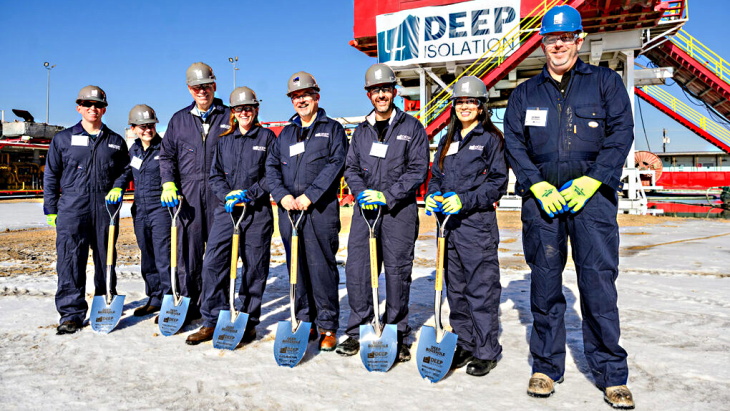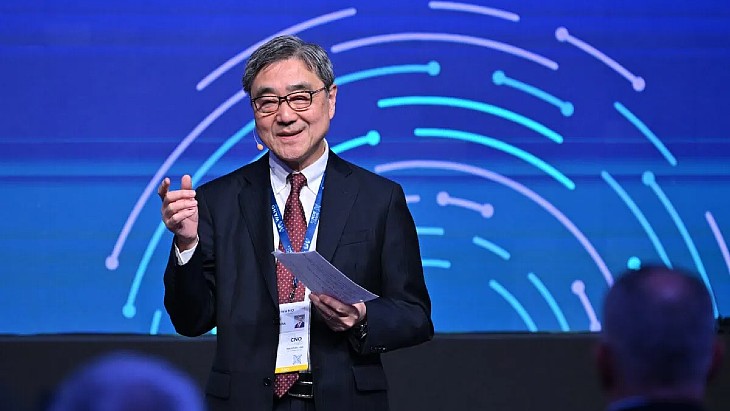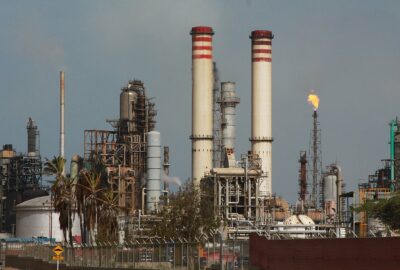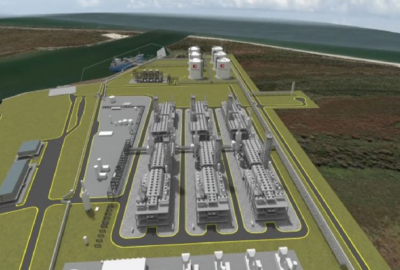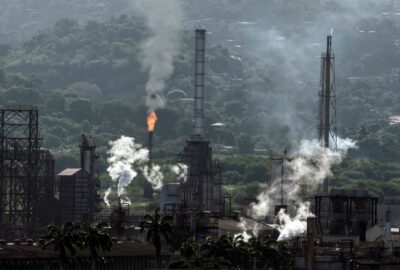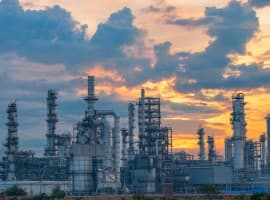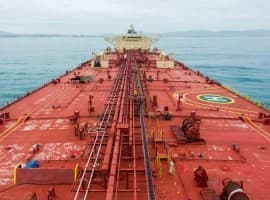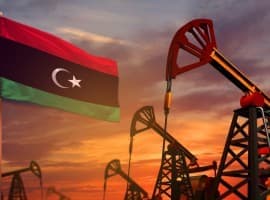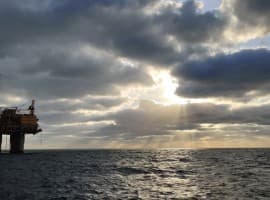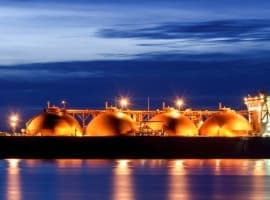Wednesday, 11 December 2024
_80861.jpg)
NTS said it will co-fund and deliver a multi-year programme of work alongside government and nuclear sector partners to develop the key technologies, capabilities and assets required to transport high-assay low-enriched uranium (HALEU) materials for use in the UK and export overseas.
The GBP10.5 million (USD13.4 million) in funding, awarded by the Department for Energy Security and Net Zero (DESNZ), will support four key areas of work: the creation of a UK HALEU collaborative forum for industry partners; the development of various HALEU packages which can transport the fuel in its multiple forms; the development of road transport solution for the domestic transport of HALEU materials to and from UK facilities; and a maritime solution for the international export of HALEU from the UK.
“This funding underlines NTS’s position as leading global providers of safe, secure and reliable nuclear transport and logistics,” said Nuclear Transport Solutions CEO Seth Kybird. “We’re delighted to be working with government and our partners to advance the UK’s future civil nuclear capabilities, and help provide clean, secure and affordable energy.”
Nuclear Decommissioning Authority CEO David Peattie added: “This funding demonstrates that when it comes to nuclear transport and logistics, the expertise of NTS is second to none. The safe and secure transport, disposal and management of nuclear material is crucial to the lifecycle of nuclear power generation. We will continue to work with the UK government, and wider sector, to explore how we can use our capability, knowledge and resources to support greater energy independence.”
In May this year, the UK government announced it was awarding GBP196 million to Urenco to build a uranium enrichment facility at its Capenhurst site in northwest England with the capacity to produce up to 10 tonnes of HALEU per year by 2031.
HALEU – uranium enriched to between 5% and 20% uranium-235 – will be used in the advanced nuclear fuel required for most of the next-generation reactor designs currently under development. At present, only Russia and China have the infrastructure to produce HALEU at scale. The first advanced reactors are scheduled to be operational in the early 2030s.


